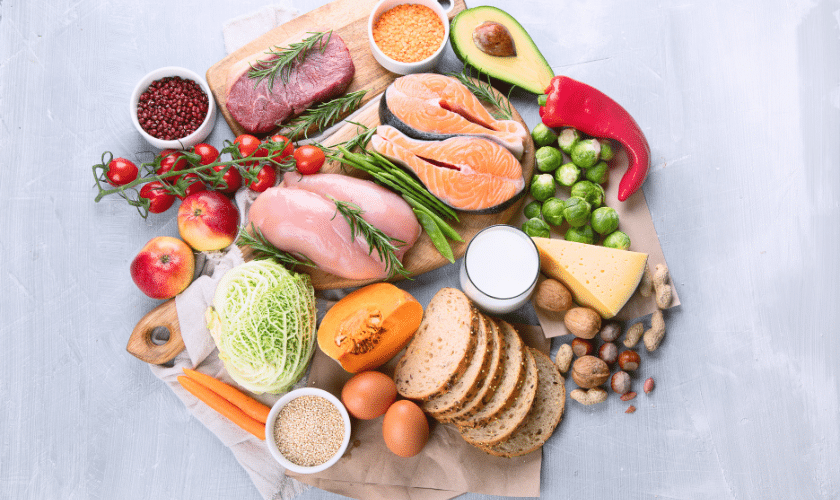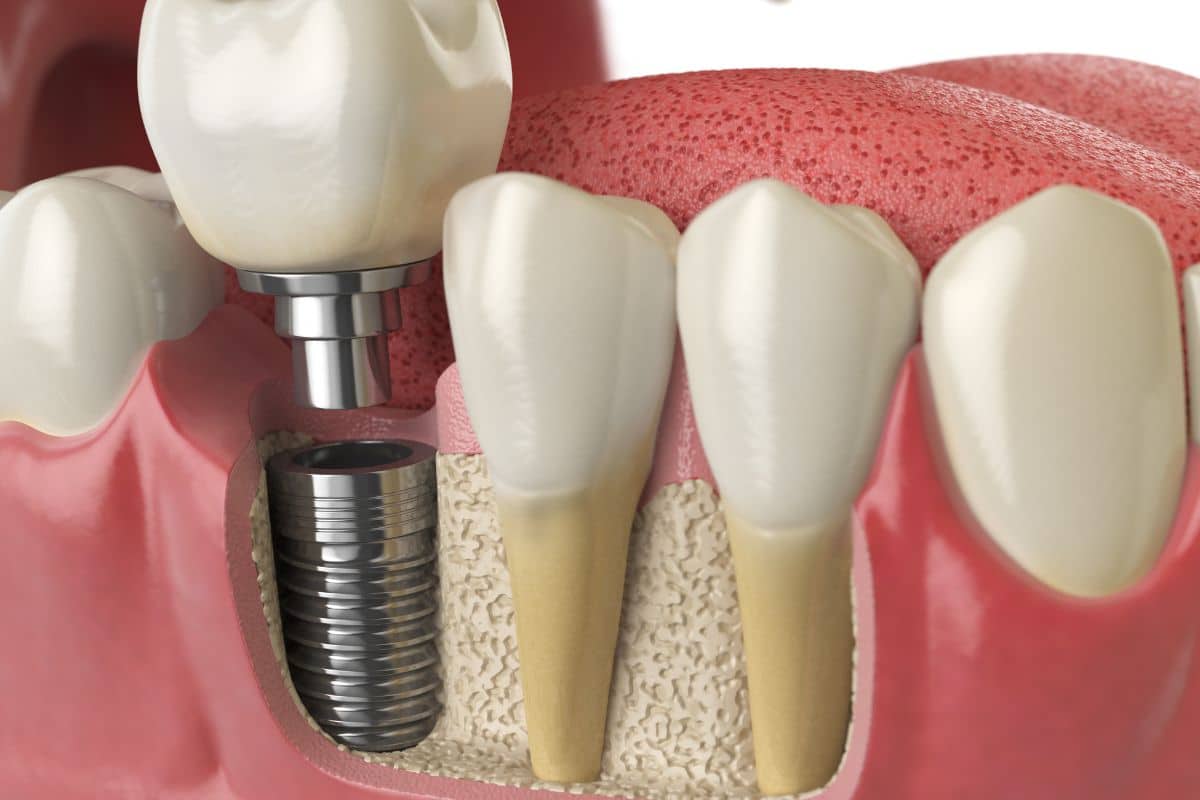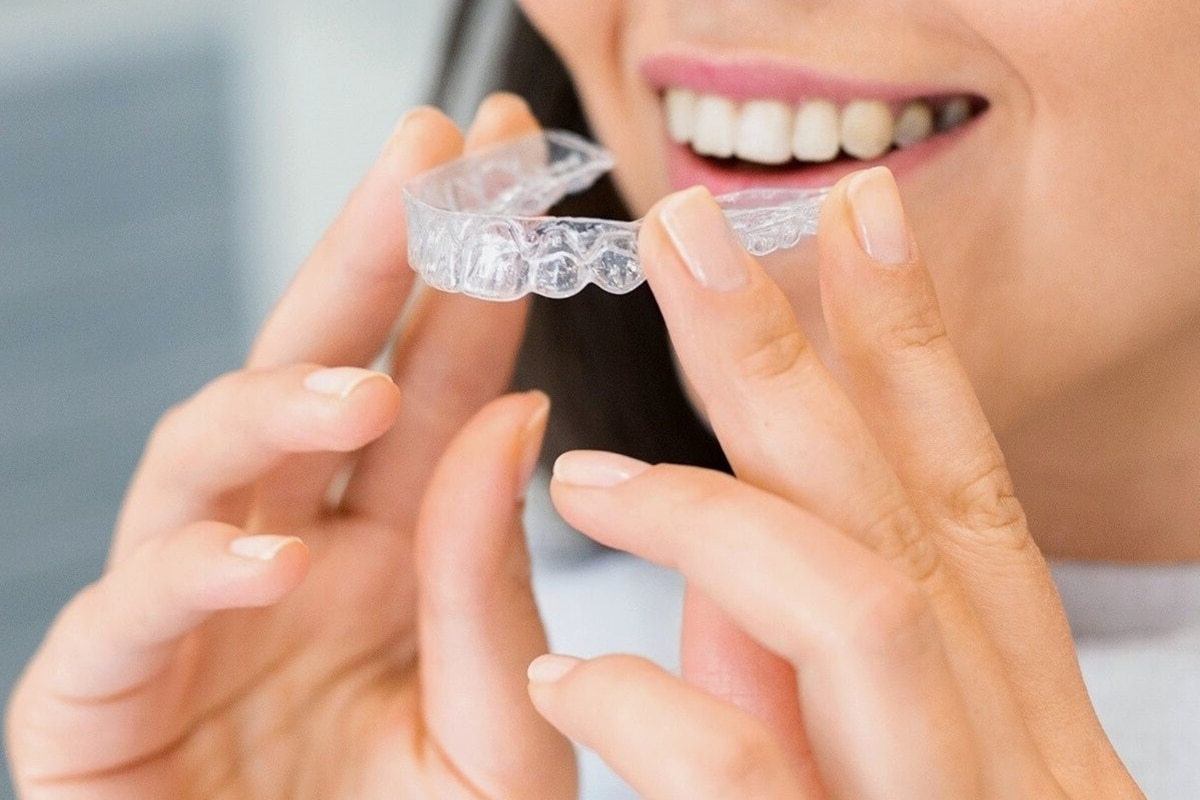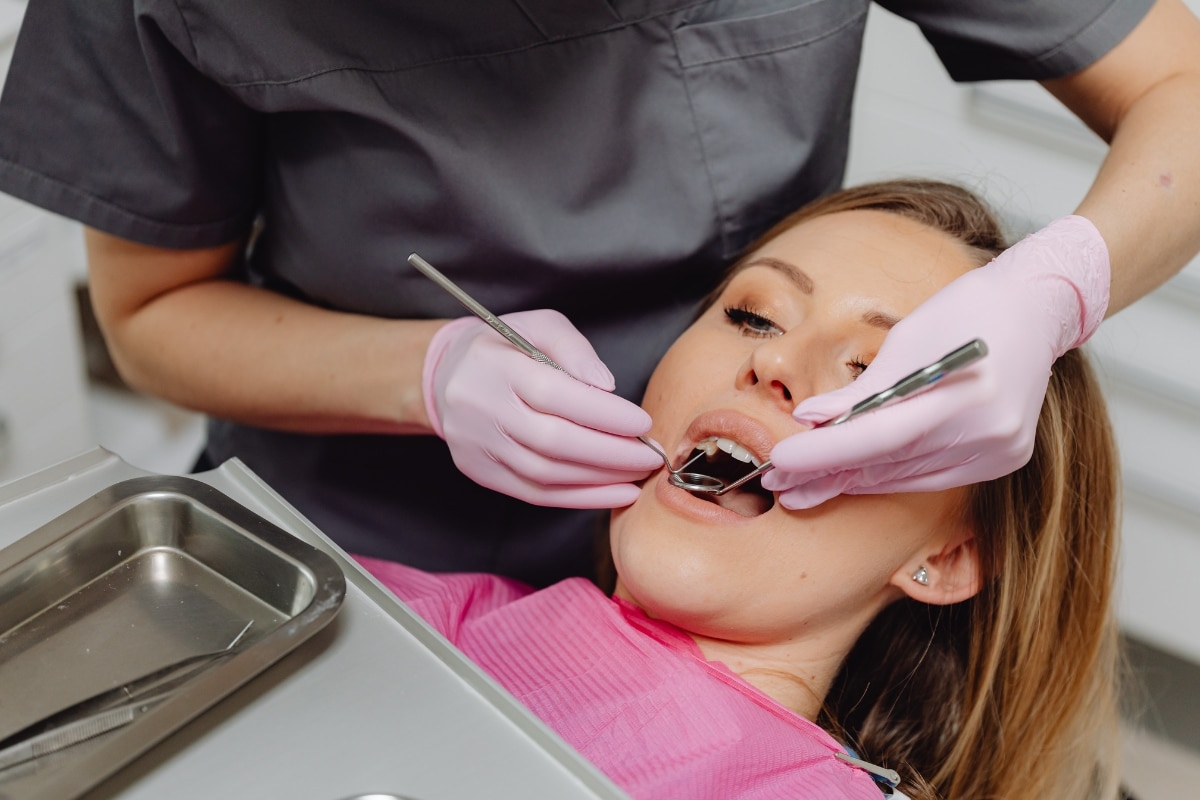Pay Online
The Best Foods for Healthy Teeth: What to Include in Your Diet

Where we’re about to sink our teeth into a topic that’s often overlooked but oh-so-important: dental health! When it comes to taking care of your pearly whites, brushing and flossing are essential, but did you know that what you eat plays a crucial role too? That’s right – your diet can significantly impact the health of your teeth and gums. So, get ready to discover the best foods for healthy teeth and find out how they can give you even more reasons to smile!
Whether you’re a dairy lover or a leafy greens enthusiast, we’ve got something delicious in store for everyone. Let’s dive in and uncover the secrets behind maintaining those gorgeous grins!
The Role of Diet in Maintaining Healthy Teeth
Maintaining healthy teeth goes beyond just brushing and flossing regularly. It also involves paying attention to what we eat. Our diet plays a crucial role in the overall health of our teeth and gums.
The foods we consume can either contribute to tooth decay or promote dental health. A balanced diet that is rich in nutrients can help strengthen our teeth, prevent cavities, and keep our gums healthy.
Certain nutrients are particularly beneficial for maintaining good oral health. Calcium, found in dairy products like milk, cheese, and yogurt, helps build strong teeth enamel. Vitamin C from fruits like oranges and strawberries boosts collagen production for healthy gums. Leafy greens like spinach and kale provide essential vitamins such as vitamin A, which support gum tissue health.
Incorporating nuts and seeds into your diet offers numerous benefits for your dental health. They contain calcium and phosphorus, which aid in remineralizing tooth enamel. Additionally, they stimulate saliva production, which helps neutralize acids produced by harmful bacteria.
Top Foods for Healthy Teeth and Gums
Taking care of your dental health goes beyond brushing and flossing. A well-balanced diet plays a crucial role in maintaining healthy teeth and gums. So, what are the best foods to include in your diet?
First off, dairy products like milk, cheese, and yogurt are excellent choices for dental health. These foods are rich in calcium and phosphorus, which help remineralize tooth enamel and strengthen bones.
Leafy greens such as spinach and kale are also beneficial for your oral health. They contain high levels of vitamins A and C that can reduce inflammation in the gums while promoting gum tissue growth.
Citrus fruits like oranges, grapefruits, and lemons may surprise you on this list! While they do contain acids that can erode tooth enamel if consumed excessively or not rinsed with water afterward – their vitamin C content is essential for collagen production that keeps gums healthy.
Nuts and seeds pack a powerful punch when it comes to dental health. Chewing nuts stimulate saliva production that helps neutralize harmful acids produced by bacteria in the mouth. Additionally, they’re full of minerals like calcium that support strong teeth.
Lean proteins from sources like chicken breast or tofu provide important nutrients such as phosphorus that contribute to tooth development and maintenance.
By incorporating these top food choices into your diet regularly, you’ll be giving your teeth the nourishment they need to stay strong and healthy!
Moderation is key when it comes to consuming acidic or sugary foods/drinks since excessive intake can lead to tooth decay or erosion of enamel over time.
Foods That are Good for Your Teeth and Why
A. Dairy products: Dairy products such as milk, cheese, and yogurt are not only delicious but also great for your dental health. They are rich in calcium, which helps to strengthen tooth enamel and prevent tooth decay. Calcium is essential for maintaining strong teeth and bones, so incorporating dairy into your diet can promote overall oral health.
B. Leafy greens: Leafy greens like spinach, kale, and lettuce are packed with vitamins and minerals that benefit your teeth. They contain high levels of calcium as well as folic acid, which promotes healthy gum tissue. The chewing action required when eating leafy greens also stimulates saliva production, helping to wash away food particles and neutralize acids in the mouth.
C. Citrus fruits: While citrus fruits like oranges and grapefruits may seem acidic on the surface, they actually have several benefits for dental health. These fruits are loaded with vitamin C, which strengthens blood vessels and reduces inflammation in the gums. Additionally, the act of chewing these fruits stimulates saliva flow while providing a natural source of hydration.
D. Nuts and seeds: Nuts such as almonds or seeds like chia or sesame seeds make excellent snacks for both your overall health and dental well-being. They contain a variety of vitamins (such as vitamin E) that promote healthy gums while being low in sugar content – making them less likely to contribute to cavities.
Lean proteins like chicken or fish provide essential nutrients without putting stress on our teeth’s enamel due to their soft texture compared to other meats (like beef). Including lean protein sources in our diet ensures we get enough phosphorus – an important mineral involved in strengthening tooth enamel alongside calcium.
By including these foods regularly in your meals or snacks throughout the day, you can help support optimal oral health!
Foods to Avoid for Better Dental Health:
1. Sugary and sticky foods: These are the culprits behind tooth decay and cavities. When you consume sugary treats like candies, cookies, or soda, the bacteria in your mouth feed on the sugar and produce acid that erodes your tooth enamel. Sticky foods like caramel or gummy candies can cling to your teeth for longer periods, increasing the risk of tooth decay.
2. Acidic foods and drinks: Foods high in acidity, such as citrus fruits, tomatoes, vinegar-based dressings, and carbonated drinks, can weaken your tooth enamel over time. This makes them more susceptible to damage from brushing or even normal chewing.
3. Starchy snacks: Potato chips, pretzels, and crackers may seem harmless, but they break down into simple sugars, which then get trapped between teeth, promoting bacterial growth and leading to plaque formation.
4. Sports/energy drinks: While these beverages may provide an energy boost during workouts or physical activity, they often contain high amounts of sugar and acids, which can harm your teeth if consumed frequently.
5. Alcohol: Excessive alcohol consumption not only has negative effects on overall health but also reduces saliva production in the mouth, which increases the risk of cavities since saliva helps neutralize harmful acids produced by bacteria.
By avoiding these food choices or at least minimizing their intake, we can significantly improve our dental health, preventing unnecessary visits to the dentist in Elgin while maintaining a bright smile!
Tips for Incorporating These Foods
Incorporating foods that promote dental health into your diet doesn’t have to be a chore. With a few simple tips, you can easily include these tooth-friendly options in your daily meals and snacks.
First, start by making small changes. Swap out sugary desserts for a serving of yogurt topped with fresh berries, or sprinkle some chopped nuts on your salad instead of croutons. These little adjustments can make a big difference in the long run.
Get creative with your cooking. Experiment with new recipes that incorporate leafy greens like spinach or kale. Whip up a delicious smoothie using citrus fruits like oranges or grapefruits as an added boost of vitamin C for gum health.
Another tip is to keep healthy snacks readily available. Stock up on individual portions of cheese sticks or sliced apples so you always have something nutritious to munch on between meals.
Don’t forget about lean proteins! Include grilled chicken or fish in your lunches and dinners to provide essential nutrients for strong teeth and gums.
Stay hydrated throughout the day by drinking plenty of water. Not only does it help rinse away food particles, but it also keeps saliva flowing, which aids in maintaining oral health.
By incorporating these tips into your daily routine, you’ll be well on your way to enjoying the benefits of healthier teeth and gums without feeling overwhelmed or sacrificing flavor!
Incorporating a healthy diet into your daily routine is important not only for your overall well-being but also for the health of your teeth and gums. By including foods that are beneficial to dental health, you can strengthen your teeth, prevent cavities, and maintain a bright smile.
Dairy products such as milk, cheese, and yogurt provide essential calcium and phosphorus, which help to remineralize tooth enamel and strengthen the jawbone. Leafy greens like spinach and kale are rich in vitamins and minerals that promote gum health. Citrus fruits like oranges and strawberries are packed with vitamin C, which helps fight off bacteria in the mouth. Nuts and seeds contain natural oils that protect against tooth decay, while lean proteins like chicken or fish provide necessary nutrients for oral health.
On the other hand, it’s important to avoid sugary and sticky foods that cling to teeth, promoting bacterial growth and leading to plaque buildup. Acidic foods and drinks can erode tooth enamel over time if consumed excessively.
To incorporate these tooth-friendly foods into your diet, try adding cheese slices to sandwiches or snacking on yogurt with fruit. Include leafy greens in salads or sauté them as a side dish. Enjoy citrus fruits as part of a balanced breakfast or snack on nuts throughout the day. Incorporate lean proteins into meals by grilling chicken breast or baking fish fillets.
Recent Posts

Why Is It Critical to Replace a Missing Molar Even If It’s Not Visible When I Smile?

What Should I Do If My Child Knocks Out a Permanent Tooth in Elgin?

Can Invisalign Fix Overbite? How It Solves Complex Dental Issues in Elgin, IL

How Does Thumb-Sucking or Pacifier Use Affect Teeth?


